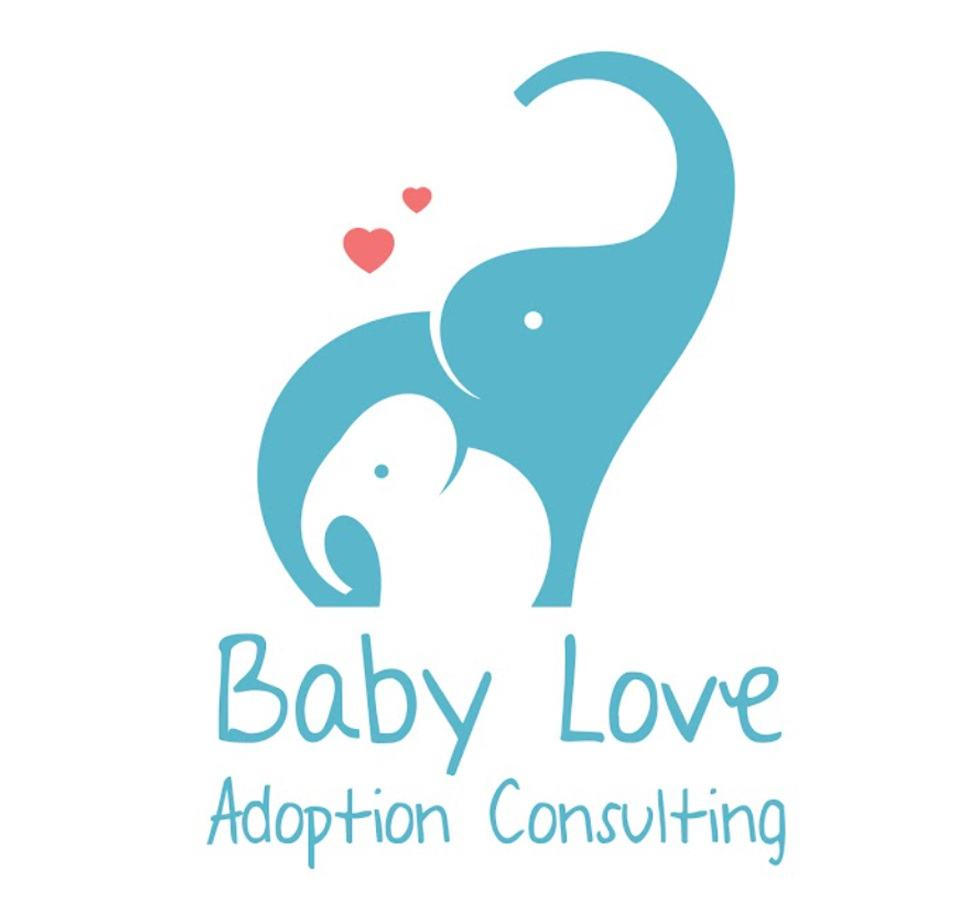1) Your child deserves to know the first part of their life story. Who did their big brown eyes come from? Why do they have ADHD? Where does their love of reading come from? These are all inherited traits that come from their birth family.
2) It’s not IF they find out they were adopted, but WHEN. In today’s world of DNA testing, your child will find out sooner or later if they share the same genes as the family they were raised in. And when a child finds out in teen or later years that they were adopted, it breaks a trust between the child and the family. It makes their adoption feel like a secret that should be hidden and is shameful.
3) Your child is not going to ask you about their adoption. It’s up to you to bring up the subject. Similar to sex education, your child will not bring up adoption in conversation. No kid wants to bring up sensitive subjects with their parents, but they all want to be informed and in the know. It’s our responsibility to present our child with their adoption story in an age appropriate way all throughout their lives.
4) Some adopted kids are very similar to their adoptive families but others are not. It is important to learn about those similarities and differences and embrace the child for who they are no matter if those differences are good or bad.
5) Many people in society still don’t view adoption in a positive way. Just take a look at how adoption is portrayed in movies and the media (ex: Elf, Orphan Annie, Stuart Little, Despicable Me 1, etc.) It is our responsibility to be advocates not just for our kids, but for adoption. We need to learn how to talk about adoption in a positive way, including the correct language (ex: “put-up for adoption vs. make and adoption plan.)
6) Kids who don’t have a good understanding of self (including their adoption history) struggle with identity issues in their teens and adulthood. We want our kids to have strong self-esteems and sense of self. Kids today are already predisposed to anxiety and depression and identity issues can amplify that. Positive and truthful adoption education helps kids understand themselves better and build their self-esteem.
7) Being a part of an adoption community is important. Finding an adoption community allows your child to have friends just like them and normalizes adoption for them. It teaches them that adoption is a good and healthy thing. It gives parents friends that can identify with them in their unique adoption struggles and support them in times they need encouragement. Adoption support groups also give opportunities to be educated specifically about adoption. If you live in or near Houston, check out Adoptive Families of Houston.
8) Being adopted is not something to be ashamed of. Being willing to talk about adoption demonstrates to your child that adoption is neither something to hide, nor is it something to feel shameful about. It is simply one facet of who they are and where they came from.
9) Demystify your child’s birth family. Discussing your child’s birth mother’s personality or characteristics and showing a photograph of her allows your child to develop a realistic picture of what she is like as a person, instead of fantasizing their birth mother is a famous movie star.
10) A child’s understanding of adoption evolves as they mature. By discussing adoption regularly throughout a child’s life as they grow and develop cognitively, it allows them to understand more about their adoption and grieve that loss. It also allows them to talk about adoption and discuss their feelings of loss in a safe and loving place with their adoptive parents who understand.
